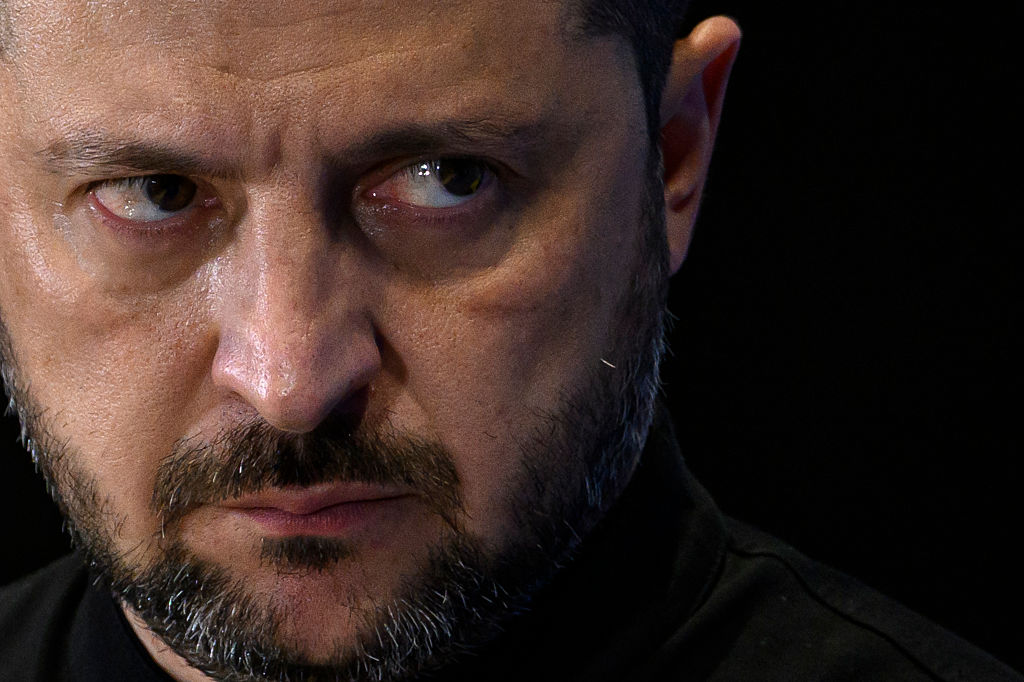It is far from ground-breaking to say that the populist Right is surging across the West. For a decade now, anti-establishment candidates have soared to power from Washington to Warsaw, and they have done so almost totally on the back of a single issue: Migration. The mass migration of millions from the Middle East, Central Asia, Central and South America, and Africa has dramatically shifted Western populists. Countries that experienced massive surges, such as Italy, Austria, and the United States, have either elected populist-right politicians or given them first prize in a series of electoral victories. Countries which have mostly avoided importing new arrivals, like Poland, have seen nationalists get elected to act as a shield to keep them out and as a sword to fight establishments which were, at best, uncaring about the effects of mass migration (and at worst were encouraging).
But this electoral sword could also, if the Right does not prepare properly, be a double-edged one. That is because the populists (at least the serious ones) are seeking actually to govern. And governing requires more than an immigration plan. This is particularly concerning as the entire West – though Europe specifically – is sitting on financial time bombs which are about to go off.
America’s financial time bombs and Europe’s differ. The United States’ is primarily debt-driven, with America burrowing itself in debt over the past decades. This is certainly a concern, and the bill will eventually come due – but due to America’s immense financial resources, it has been able to effectively kick that can down the road. And President Donald Trump’s tariffs are likely going to take another bite out of it, with estimates showing that they could pay down the deficit by trillions over the next decade.
Europe’s is dramatically different, and is arguably more dangerous. Post-World War II, Europe has relied upon what I have termed the European Equilibrium: High taxes plus high welfare spending plus low defence spending equals modern Europe, which has been as close to paradisical for the past decades as one can get. Isolated from any trouble and protected by America, Europeans have been able to live very well.
But now that America is signalling that its support is not going to last forever, and now that populations are aging with low birth-rates, the equilibrium is being upended. Europeans cannot cut their social safety nets – any politician who does so will be exiled at best – and they cannot raise defence spending, as they do not have the funds. They could normally raise funds via taxes, but as taxes are already very high, they cannot do this either.
European leaders are, slowly but surely, seeking to break the news to their increasingly concerned citizenry, though they are doing so from positions of utmost safety. Denmark recently took the “bold” step of raising their retirement age to 70 (although that increase will not take effect until 2040, long after incumbent politicians have retired). France’s prime minister, François Bayrou, recently took to the airwaves to critique the baby boomers for “loans that were light-heartedly taken out,” arguing that the younger working-class will not have access to the same pensions. But Bayrou said these things only a week before the likely collapse of his government, and is almost certainly just trying to position himself as a truth-telling martyr. Finally, Germany’s chancellor, Friedrich Merz, has talked about the importance of reform of Germany’s social services – but has also explicitly ruled out tax hikes.
Looking at the European Equilibrium, it’s unclear as to where, exactly, he is going to get his funding from, unless he wants to obliterate the already underfunded armed forces or go Zimbabwe’s route and print money like mad.
But why do the populists matter here? Because they are likely to be governing Europe right when this budget bomb bursts. The AfD is staying steady as the most popular party in Germany or nearly the most popular. The French National Rally is close to getting its first prime minister or, in 2027, its first president. The British Reform are patiently waiting for the 2029 elections to assume power – the list goes on and on. And when these parties get power, they will have to have answers for solving these problems. Mass deportations will certainly stop crime, and will likely bring housing costs down, but they will not solve the budget crisis.
They may arguably aggravate it: As many liberals are fond of pointing out, the West’s economy is built on cheap labour. Wisconsin Governor Tony Evers made this argument explicitly just days ago when he said that deporting illegal migrants means the economy “will be gone.” The frightening thing is that he is not wrong: Without cheap, essentially slave-wage labour, costs will suddenly rise, birth rates may fall even further – and there will be fewer people to pay into pension systems.
This does not mean the populists should just give into liberal internationalist ideas; far from it. The mass deportations should – no, must – continue. But the Right needs to have a plan for what comes next. It will require hard decisions, be it cuts or tariffs or raised taxes; but they should be open about discussing the difficulties ahead.
This does not mean that they need to spell out their exact plans. But they should not give into making promises they cannot keep, such as “No cuts to welfare” or “Putting pensions in a lockbox” The populist Right has the unique position of being able to be absolute truth-tellers. They can put the blame, rightfully, entirely on the establishment they seek to usurp. In doing so, when they gain power they will unlock the ability to make changes which would otherwise have been unpopular. But if they come into office promising only mass deportations, but leaving welfare states untouched, then they will come out of office as liars.
And this is where the most important point comes in, because the point of populism is not – or should not be – to just antagonise the establishment. The goal of a populist to supplant the establishment’s ideology with its own. That requires winning more than one election.
And winning more than one election requires a plan. The Western populist Right should develop one.





New US policy may make Zelensky’s peace plan impossible, time to negotiate